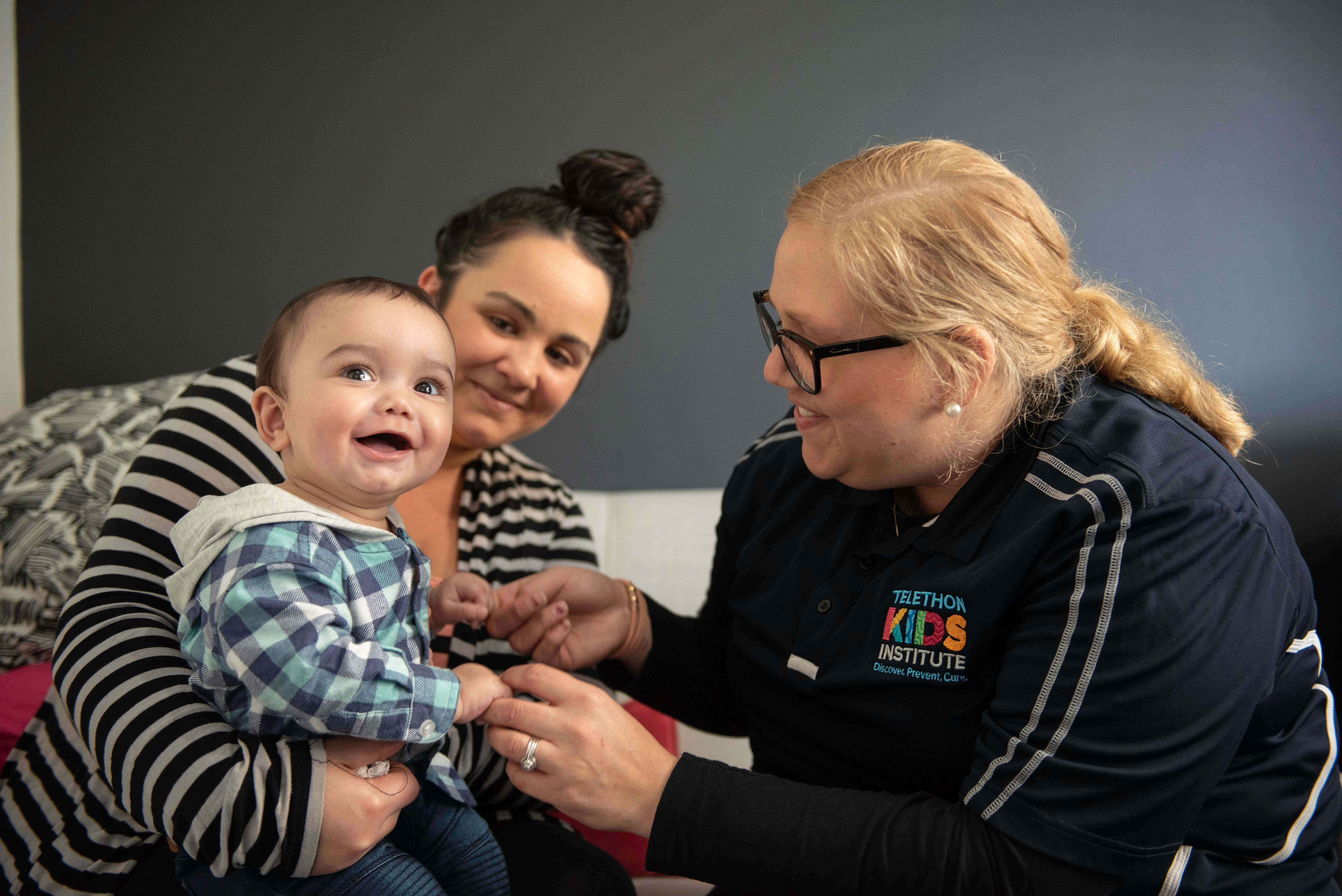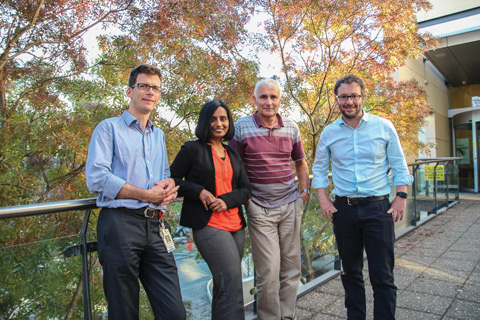Search
Research
Severity of Rotavirus-Vaccine-Associated Intussusception: Prospective Hospital-Based Surveillance, Australia, 2007-2018Multiple studies have shown an association between intussusception (IS) and receipt of monovalent or pentavalent rotavirus vaccine (RV) in the previous 21 days. Disease severity is an important consideration for risk-benefit evaluations of RV, but no studies have compared the severity of IS within 21 days of vaccination (vaccine-associated, VA) and later (not temporally-associated, VNA).
Research
4CMenB vaccine and its role in preventing transmission and inducing herd immunityVaccination is the most effective method of protecting people from invasive meningococcal disease (IMD). Of all the capsular groups, B is the most common cause of invasive meningococcal disease in many parts of the world. Despite this, adolescent meningococcal B vaccine programs have not been implemented globally, partly due to the lack of evidence for herd immunity afforded by meningococcal B vaccines.
Research
Effectiveness of 13-valent pneumococcal conjugate vaccine against hypoxic pneumonia and hospitalisation in Eastern Highlands Province, Papua New Guinea: An observational cohort studyPneumonia is a leading cause of childhood mortality with Streptococcus pneumoniae a major contributor. Pneumococcal conjugate vaccines (PCVs) have been introduced into immunisation programs in many low- to middle-income countries yet there is a paucity of data evaluating the effectiveness in these settings. We assess the effectiveness of 13-valent PCV against hypoxic pneumonia, hospitalisation and other clinical endpoints in children <5 years living in Eastern Highlands Province, Papua New Guinea).
Research
Bacille Calmette-Guérin vaccine reprograms human neonatal lipid metabolism in vivo and in vitroVaccines have generally been developed with limited insight into their molecular impact. While systems vaccinology enables characterization of mechanisms of action, these tools have yet to be applied to infants, who are at high risk of infection and receive the most vaccines. Bacille Calmette-Guérin (BCG) protects infants against disseminated tuberculosis (TB) and TB-unrelated infections via incompletely understood mechanisms.
Latest news & events at the Wesfarmers Centre of Vaccines & Infectious Diseases.

News & Events
Warm Welcome for the Neonatal Infection and Immunity TeamClinical Professor Tobias Strunk, Dr Andrew Currie and their Neonatal Infection and Immunity Team have become the newest members of the Wesfarmers Centre of Vaccines and Infectious Diseases.

News & Events
Wesfarmers tops 2019 GivingLarge ReportThe major funder of the Wesfarmers Centre of Vaccines and Infectious Diseases based at The Kids Research Institute Australia has been recognised as Australia’s most generous giver.

News & Events
New meningococcal strains bring increased risk in WAA new study has confirmed the changing pattern of meningococcal disease in Western Australia.

News & Events
Babies at risk due to delayed vaccinationsAs many as a quarter of Australian babies aren’t getting vaccinated on time, leaving them at risk of developing life-threatening illnesses such as whooping cough when they are most vulnerable.

News & Events
Vaccine surveillance brings safety reassuranceIn 2010, a large number of children experienced febrile convulsions after receiving the FluVax vaccination and many parents began to question its safety.
